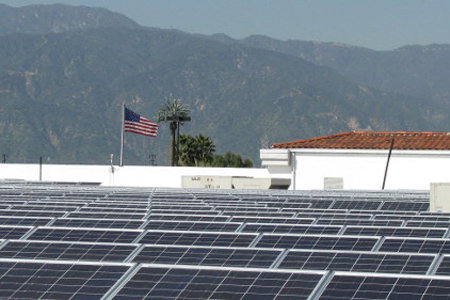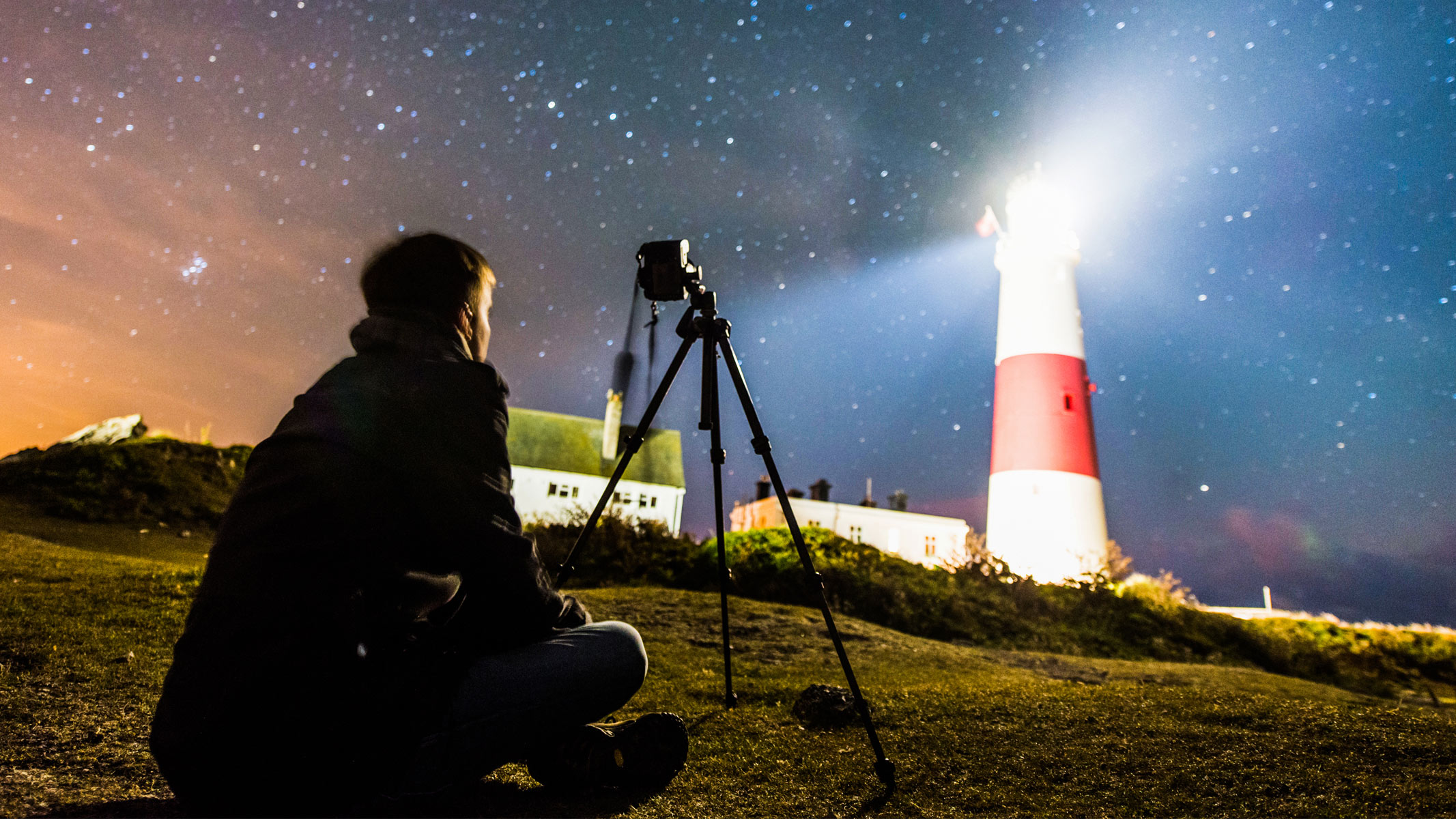
Your Home Could Be a Power Plant (Op-Ed)

Get the world’s most fascinating discoveries delivered straight to your inbox.
You are now subscribed
Your newsletter sign-up was successful
Want to add more newsletters?

Delivered Daily
Daily Newsletter
Sign up for the latest discoveries, groundbreaking research and fascinating breakthroughs that impact you and the wider world direct to your inbox.

Once a week
Life's Little Mysteries
Feed your curiosity with an exclusive mystery every week, solved with science and delivered direct to your inbox before it's seen anywhere else.

Once a week
How It Works
Sign up to our free science & technology newsletter for your weekly fix of fascinating articles, quick quizzes, amazing images, and more

Delivered daily
Space.com Newsletter
Breaking space news, the latest updates on rocket launches, skywatching events and more!

Once a month
Watch This Space
Sign up to our monthly entertainment newsletter to keep up with all our coverage of the latest sci-fi and space movies, tv shows, games and books.

Once a week
Night Sky This Week
Discover this week's must-see night sky events, moon phases, and stunning astrophotos. Sign up for our skywatching newsletter and explore the universe with us!
Join the club
Get full access to premium articles, exclusive features and a growing list of member rewards.
Chris Palmer is distinguished film producer in residence and director of the Center for Environmental Filmmaking at American University, the author of "Shooting in the Wild" (Sierra Club Books, 2010) and president of the One World One Ocean Foundation. This article is adapted from a post to Palmer's blog, Wild Life. Palmer contributed this article to LiveScience's Expert Voices: Op-Ed & Insights.
About a year ago, my wife Gail and I installed 31 solar photovoltaic (PV) panels on the roof of our home in Bethesda, Md. We've been delighted by the experience. Our solar system is a 10-kilowatt, carbon-free, smog-free power plant that supplies the bulk of our electricity needs for air-conditioning, appliances, lights, computers and more.
We sell any surplus power back to our utility company, Pepco. And this summer, while our meter has been going backwards, Pepco has been giving us a credit on our bill. We can't actually disconnect from Pepco, because we need it as a backup for those dark, overcast days when the sun is minimal and when we're using more electricity than our solar panels can produce. But at this point, that's mostly what Pepco is — a backup, not our primary energy provider.
Before we installed solar, our electric bill averaged about $200 per month. Since then, our bills have plummeted. After we've had the panels for eight years, we should easily recover the up-front cost of installation through these lower bills. And over the next 20 years, we predict we will save a total of $30,000.
For me, as an environmentalist, the best thing about solar panels is that they are good for the Earth and for people's health. I hated relying on our utility for the bulk of our electricity, knowing that the power was coming mostly from carbon- and mercury-spewing fossil fuels that cause air pollution and climate change. And I cringed at having all that beautiful sunshine landing on our roof and going to waste.
Now, whenever we want, we can go online to view the amount of electricity that sunlight is producing — by hour, day, week, month or year.
I've worked in the environmental and energy field for 40 years, and I've always promoted renewable energy. We insulated our home and use energy-efficient appliances, and about 10 years ago, we installed a solar hot-water heater. But to install electricity-generating solar panels, that feels like a real achievement. I'm very happy to be doing my part in my home — no longer just talking the talk!
Get the world’s most fascinating discoveries delivered straight to your inbox.
Everyone can reduce reliance on fossil fuels and dependence on the grid, all while encouraging a shift from centralized power plants to decentralized rooftops. In addition to solar hot-water heating and solar panels, smaller scale solar alternatives also help save energy and money. For example, solar-powered attic fans are usually feasible and cost effective in reducing air conditioning bills for homes with minimally ventilated attics.
According to a Kelton Research survey in October 2011, nine out of 10 Americans think it is important for the United States to develop and use solar energy. Yet, wherever I look, very few homes have solar panels on their roofs.
[Climate Solution: Pay True Cost of Fossil Fuels, NASA Scientist Says ]
If you decide to consider solar panels for your home, you'll find many companies to work with. They offer a variety of options, including buying the equipment versus leasing it. You will most likely be able to find a plan that matches your desired level of up-front expense and any other considerations you have.
In many communities, solar co-ops help homeowners with the process of evaluating and installing solar systems, providing savings through bulk purchase of panels, offering guidance and hand-holding, and more.
If you value convenience as much as I do, then you can choose a plan that takes the burden off your shoulders. The company we used handled everything, including installation, tax credits, insurance, system monitoring, repairs, performance guarantees and all of the other details.
I encourage you to think about investing in solar for your home, assuming you don't have a tree shading your roof. Not only does it help create a cleaner, safer world, but it can also save you money.
Note: For the record, I have not been paid, or even asked, to write this essay. I simply feel passionate about the importance of clean, renewable energy.
The views expressed are those of the author and do not necessarily reflect the views of the publisher. This article was originally published on LiveScience.
 Live Science Plus
Live Science Plus










